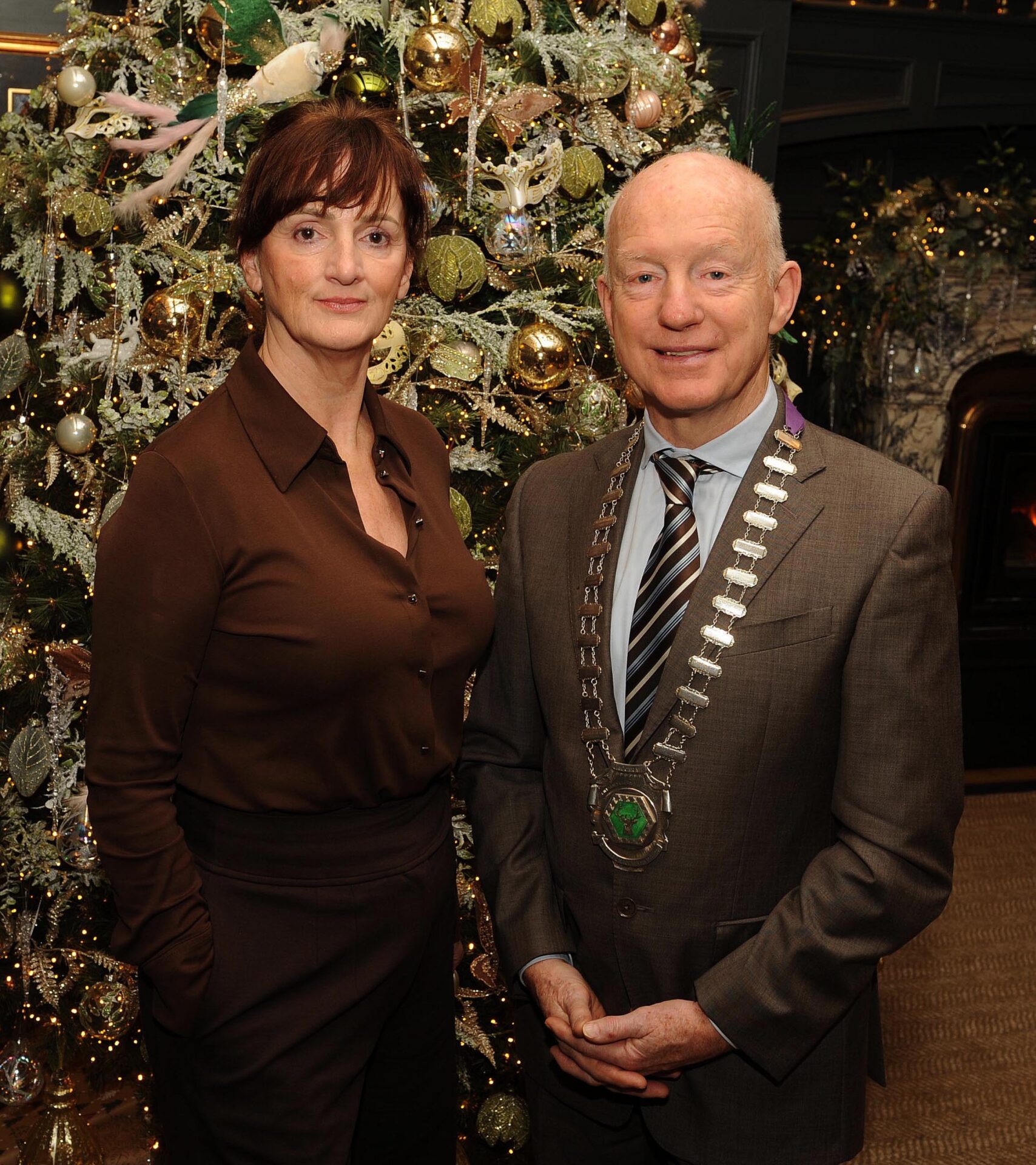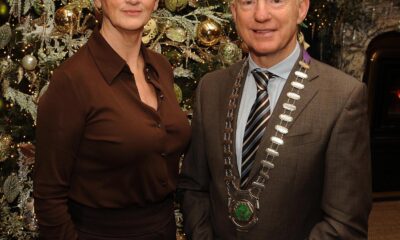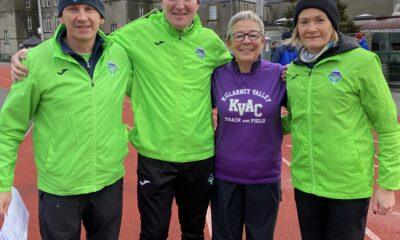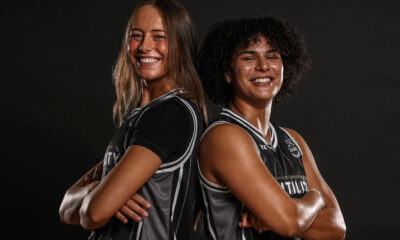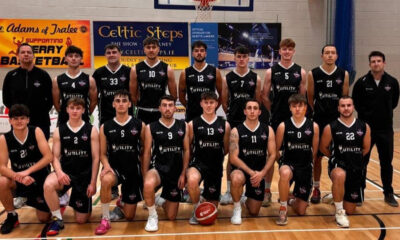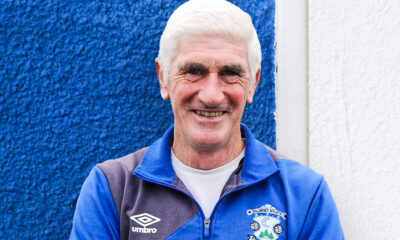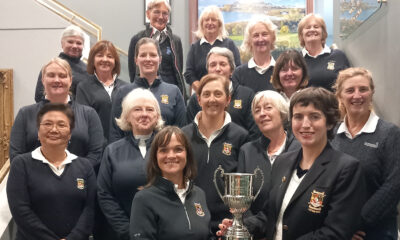News
Killorglin’s RDI Hub to hosts open week

The RDI Hub in Killorglin is inviting the public to an Open Week next week, from Monday, May 19 to Friday, May 23.
They are encouraging people who are curious about what the hub offers, or anyone needing a different place to work for a day, to come and visit.
During the week, people can use a desk for free at any time. They can also stay for just an hour or for the whole day. There will be lunchtime events each day featuring guest speakers. On Friday, visitors can try out the Media Lab with free podcasting sessions, but booking ahead is needed for this. The hub offers a lively space where people can work together.
The lunchtime events include Chris Barrett talking about his Arctic journey on Monday, John Ryan from Gigable on business growth strategies on Tuesday, Gavin Henrick from Brickfield Labs discussing accessibility on Wednesday, Hugh Reynolds from the RDI Hub talking about online marketing on Thursday, and a VHI Wellness Station on Friday. The Media Lab will also be open on Friday for podcasting sessions.
Anyone interested in attending the Open Week is asked to sign up using this link: https://bit.ly/4jlJlD3.
Lunchtime Events During Open Week:
Monday 19: Chris Barrett – Journey to the Arctic on the Fjällräven Polar Expedition
An incredible story of resilience, adventure, and pushing boundaries.
Tuesday 20: John Ryan, Gigable – Go-to-Market Strategy Session
Practical strategies for launching and growing your business.
Wednesday 21: Gavin Henrick, Brickfield Labs – Tearing Down the Accessibility Barriers
Why accessibility matters and how to build inclusive digital experiences.
Thursday 22: Hugh Reynolds, RDI Hub Entrepreneur in Residence – Zero to Online Hero
Explore what happens when a community experiment meets digital marketing.
Friday 23: VHI Wellness Station
Close out the week with the VHI Wellness Station which will give you insights into Body Composition, Diabetes Risk and More!
Bonus Friday Activity:
🎙️ Open Media Lab Access and Complimentary Podcasting Sessions
Explore our new Media Lab and try out a mini podcasting session with expert support.
Sessions are free but must be pre-booked in advance – limited slots available!
For more information, you can contact Megan Daly Tyrrell at megan.dalytyrrell@rdihub.com.
News
An end of year message from Johnny McGuire, President, Killarney Chamber of Tourism and Commerce
It has been a particularly busy and a hugely progressive and positive year for Killarney Chamber of Tourism and Commerce in 2025 with many highlights that have helped maintain Killarney’s […]


